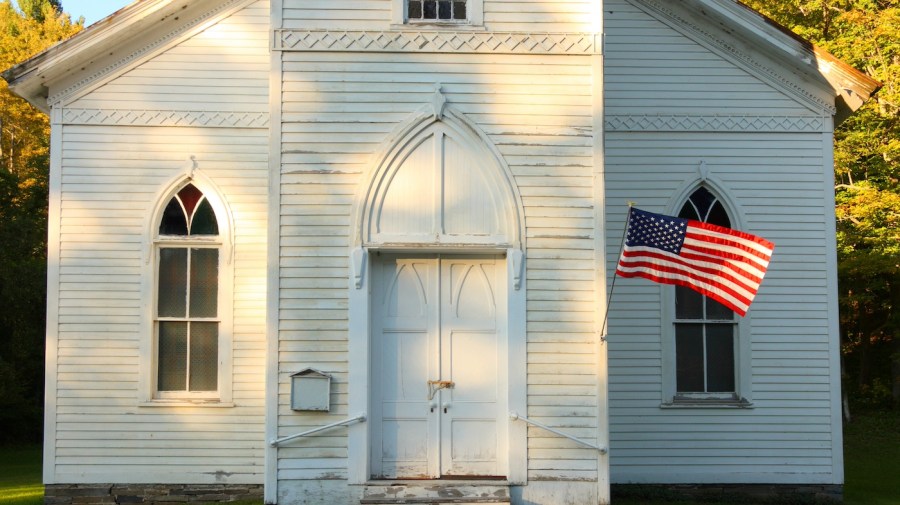
A federal judge Monday blocked the Trump administration from conducting immigration raids at Quaker, Baptist and Sikh places of worship that are suing over its new enforcement policy.
Policy guidance long instructed federal immigration authorities to avoid enforcement operations in certain “protected areas,” such as schools and places of worship, but the Department of Homeland Security (DHS) rescinded that guidance after President Trump retook the White House.
U.S. District Judge Theodore Chuang, an appointee of former President Obama overseeing the religious groups’ lawsuit challenging the rescission, said his ruling doesn’t conclusively resolve whether the move complies with the First Amendment and the groups’ religious protections provided under federal law.
“The Court finds only that at this early stage of the case, on the sensitive and fraught issue of when and under what circumstances law enforcement may intrude into places of worship to conduct warrantless operations, the 2025 Policy’s lack of any meaningful limitations or safeguards on such activity likely does not satisfy these constitutional and statutory requirements as to Plaintiffs, and that a return to the status quo is therefore warranted until the exact contours of what is necessary to avoid unlawful infringement on religious exercise are determined later in this case,” Chuang wrote in his ruling.
The judge’s injunction does not apply nationwide. It only prevents the administration from conducting immigration enforcement at the religious institutions that sued: various Quaker groups, the Cooperative Baptist Fellowship (CBF) and Sikh Temple Sacramento.
“Plaintiffs have provided evidence that the willingness of their congregants to attend worship and participate in ministry services is presently being chilled, and that, particularly at CBF and the Sikh Temple, attendance at such activities has already declined,” Chuang wrote.
The Hill has reached out to the Justice Department for comment.
The change in DHS guidance is part of a broader flurry of actions the new administration has taken on immigration and the border since taking office last month. Many of those efforts have also come under legal challenges, including moves restricting birthright citizenship, suspending refugee admissions and expediting certain migrants’ removal from the country.
Other lawsuits are also proceeding over the change in guidance on “protected areas.” Denver Public Schools has sued to stop the administration from conducting immigration enforcement operations in its district, and a similar case has been filed by roughly two dozen religious groups connected to the Jewish or Christian faiths.
Both groups of plaintiffs have sought emergency relief to swiftly block the new policy, but judges in those cases have not yet resolved the motions.











